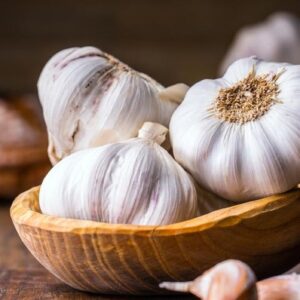Capsicum
The terminology ‘capsicum’ can be confusing as it can be used to describe both, the fruits and the plants, of the Capsicum genus. So let’s make it simple. The word capsicum can mean:
- Genus: Botanically, the Capsicum genus is one of the most important in the Solanaceae family, popularly known as the nightshade family. Some well-known nightshade vegetables include eggplants (brinjals), potatoes, and tomatoes.
- Plant species: There are at least 36 known capsicum plant species, mainly from Bolivia, Peru, and Brazil. Some of the most famous ones are Capsicum Annuum, Capsicum Chinense, Capsicum Baccatum, Capsicum Frutescens, and Capsicum Pubescens.
- Fruit: The fruits or berries of the Capsicum plant are varied in shape, color, size, and taste. The spicier versions are called chili peppers or chilis or just peppers in different parts of the world. The large mild green, yellow, or red bell peppers are called capsicum in India, Australia, New Zealand, and Singapore.
Description
Capsicum comes in dried form, as a spice as chili pepper and paprika. The dried spice can be used in many sauces or can be added to beverages, such as tea. The dried variety is available as whole dried peppers, as a single spice, or in dried spice blends.
With chili’s ready availability in many markets, it should be considered that though the dried spice is convenient and might be effective in its health benefits, eating it fresh may provide more benefits.
Additionally, it might have been used in traditional medicine for the treatment of cough, toothache, sore throat, parasitic infections, and wound healing.
Using whole chili peppers from the Capsicum genus may provide nutritional value, including the possibility of high amounts of vitamin C and vitamin A. These vitamins can be obtained from the fresh fruit. The chili, harvested when red rather than orange or yellow, might have higher concentrations of these beneficial nutrients. Another beneficial bioactive components of the chili are the content of flavonoids. Alkaloids and tannins are some of the other important bioactive compounds contained in them. Alkaloids might work as anti-inflammatory, analgesic, and antioxidant agents.








Reviews
There are no reviews yet.